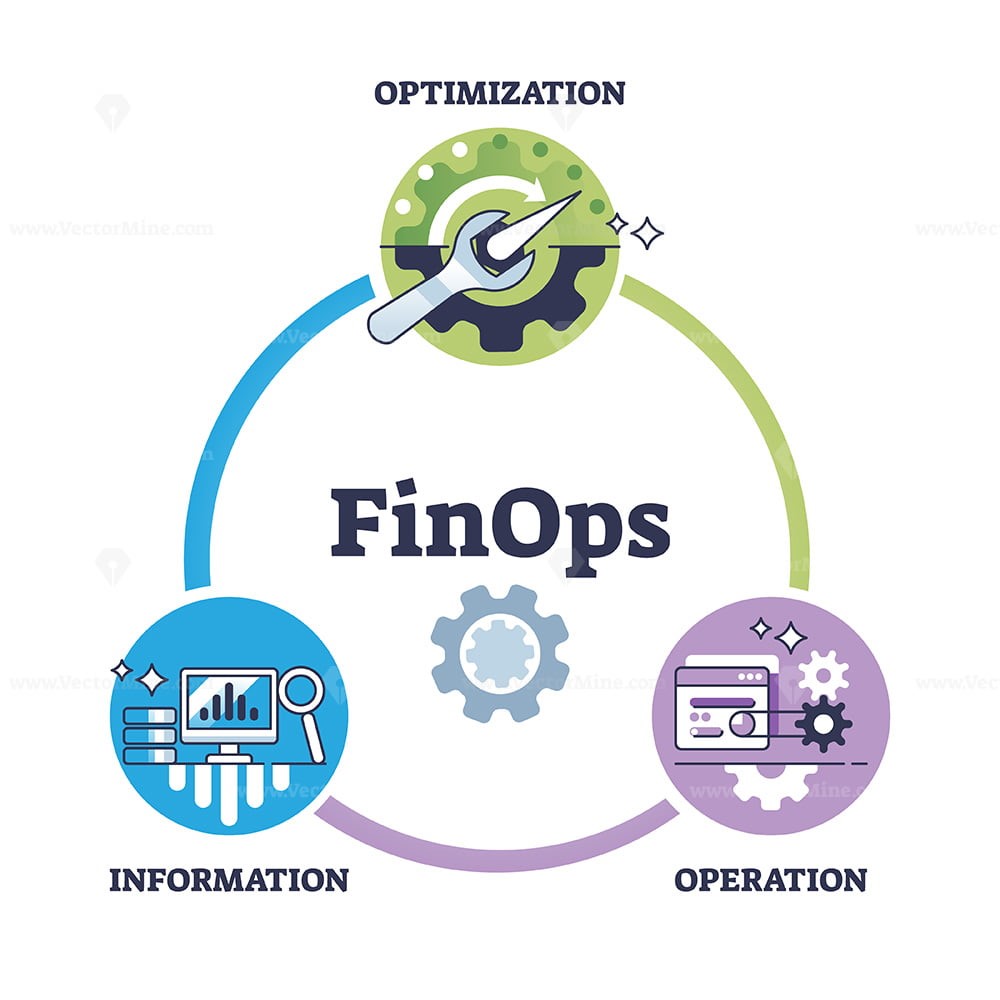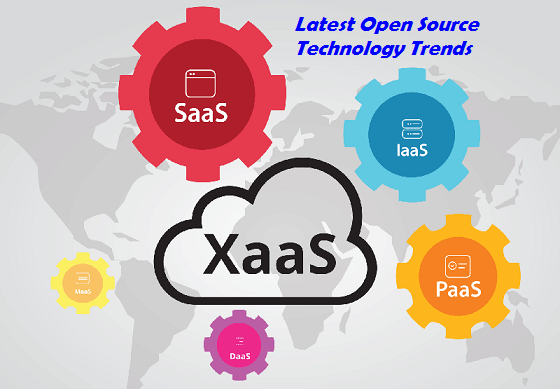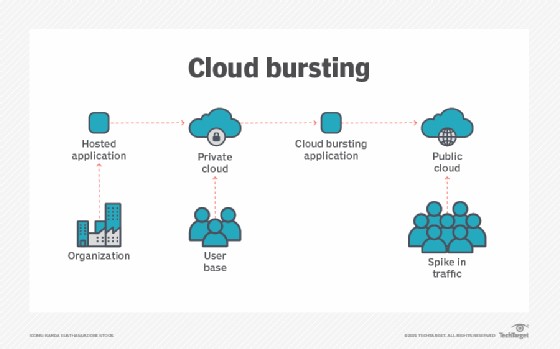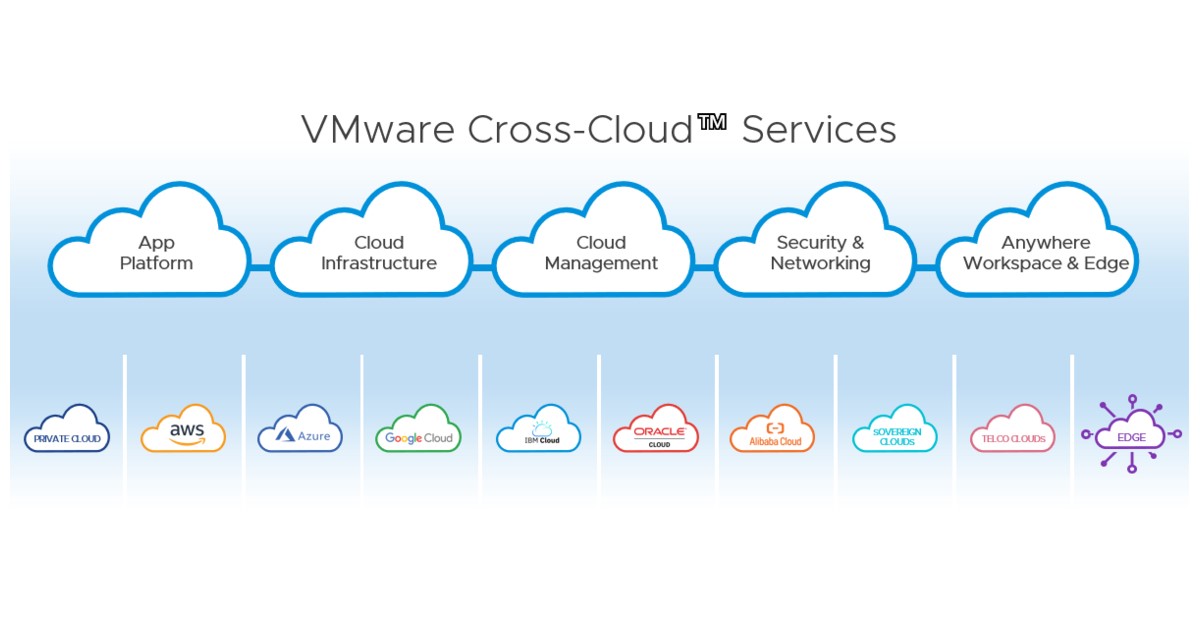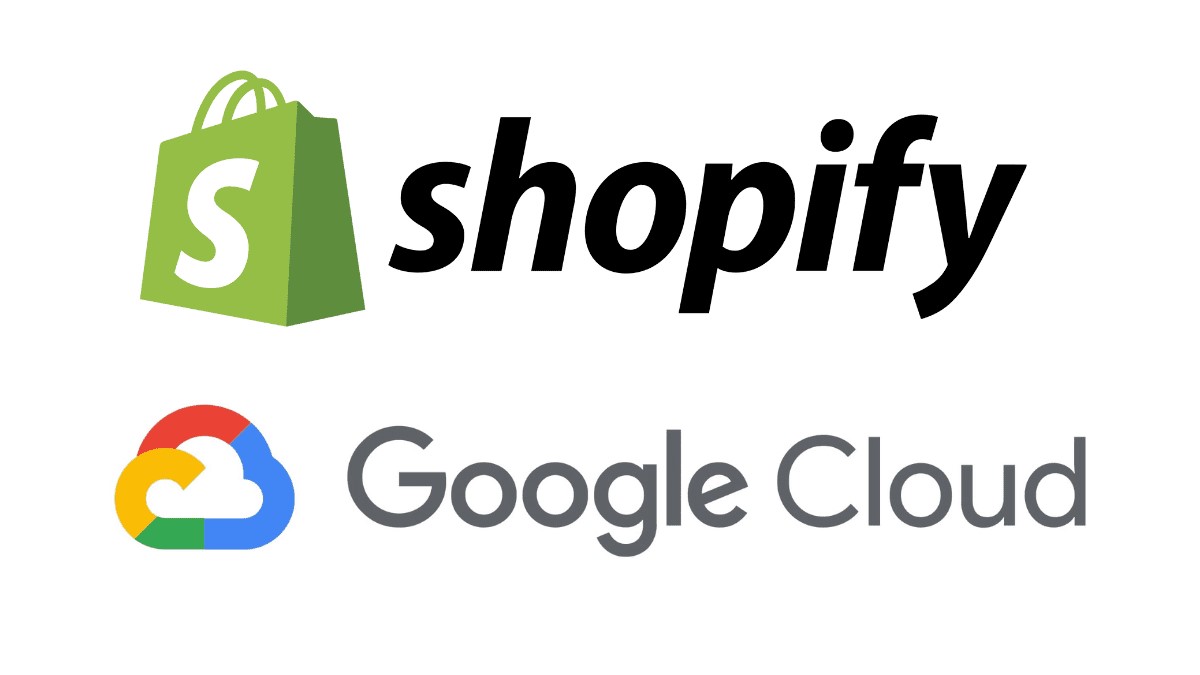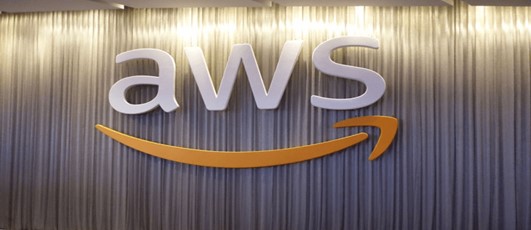GFT and CloudFrame help industries say ‘cheerio’ to COBOL
GFT, a digital transformation pioneer, and CloudFrame, a provider of pathways to digital transformation for large organisations who are running mission-critical applications on COBOL, have partnered to help COBOL users make the transition to more efficient platforms that enable users to reduce their overall mainframe costs.
CloudFrame’s proprietary technology converts COBOL code into more efficient and future-proof Java. On average, the cost of a mainframe process is reduced by 50% after this conversion. GFT brings its expertise in CloudFrame implementation and mainframe modernisation to the partnership.
In 2023, COBOL, a programming language debuted in the 1950s, is still ubiquitous in financial institutions, airlines, retail companies – the list goes on. It is increasingly becoming a problem for users, due to high costs of mainframe use and a shortage of experts needed for development and maintenance.

Figure 1. GFT and CloudFrame help industries say ‘cheerio’ to COBOL
GFT and CloudFrame help industries say ‘cheerio’ to COBOL is shown in figure 1. CloudFrame, on the other hand, is a company that specializes in legacy system modernization. They provide tools and solutions to transform COBOL applications into modern, cloud-native architectures.
CloudFrame helps organizations refactor and rehost COBOL applications to run on cloud platforms such as Amazon Web Services (AWS) or Microsoft Azure. This enables businesses to take advantage of the scalability, flexibility, and cost savings offered by cloud computing.
While hosting apps and services at the edge can provide significant benefits, businesses need to carefully consider the potential disadvantages and ensure that their use cases and requirements align with the capabilities and limitations of edge computing.
COBOL or Common Business Oriented Language, has been a pioneer of the business world for decades. This language has powered countless financial institutions, insurance companies, and government agencies. However, the times have changed, and so have the programming languages.
The rise of modern technologies such as cloud computing and the increasing demand for digital transformation has made it necessary for businesses to move away from COBOL. COBOL was developed in the late 1950s, and it was widely adopted due to its simplicity and ease of use.
However, as the years went by, the language became outdated and difficult to maintain. Many programmers who were familiar with COBOL have either retired or moved on to other languages, leaving businesses struggling to find skilled programmers to maintain their legacy systems.[2]
By partnering with companies like GFT and CloudFrame, industries can effectively transition away from COBOL and embrace more modern and efficient technologies. This allows organizations to enhance their systems, improve productivity, and keep up with the evolving demands of the digital age.
References:
- https://articles.entireweb.com/de/technology/gft-and-cloudframe-help-industries-say-cheerio-to-cobol/
- https://www.technewshub.co.uk/post/gft-and-cloudframe-helps-industries-in-saying-good-by-to-cobol
Cite this article:
Gokula Nandhini K (2023), GFT and CloudFrame help industries say ‘cheerio’ to COBOL, Anatechmaz, pp.102




